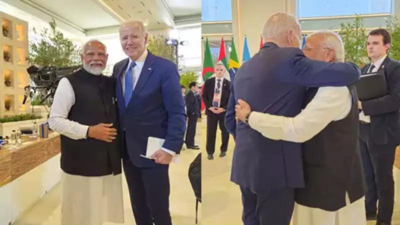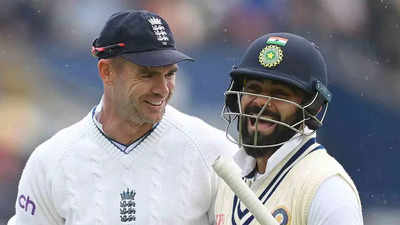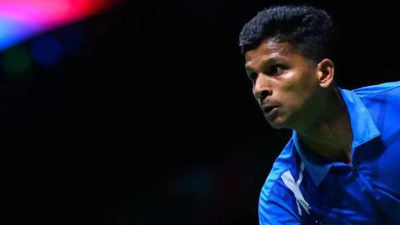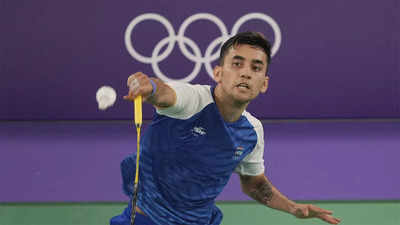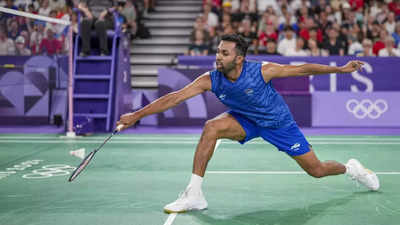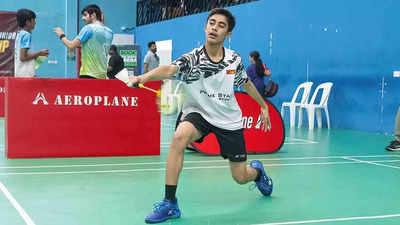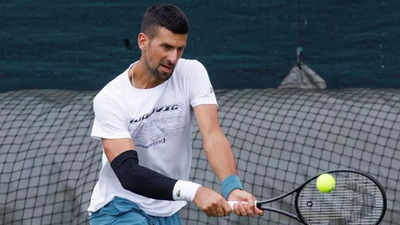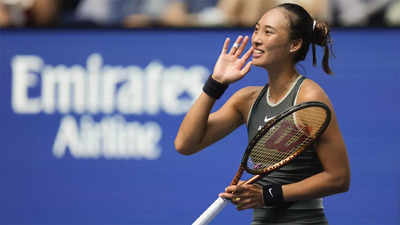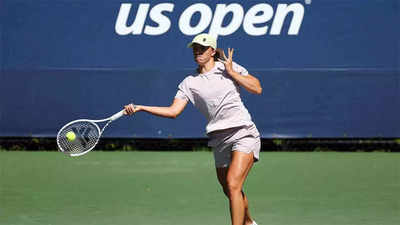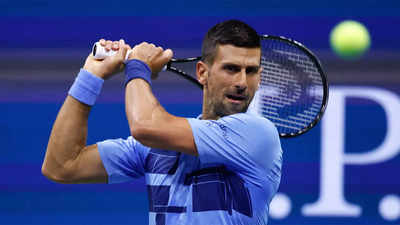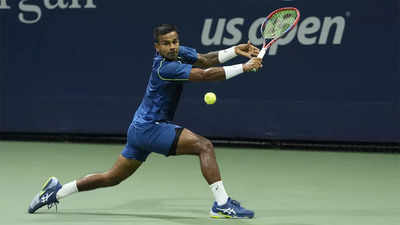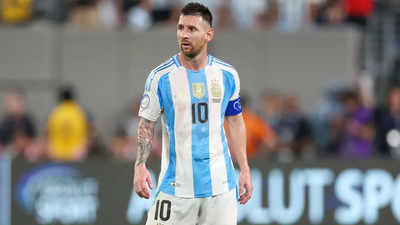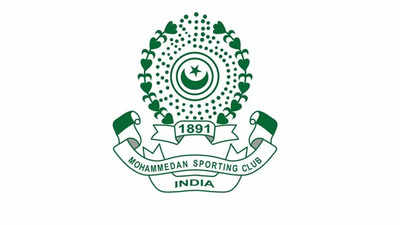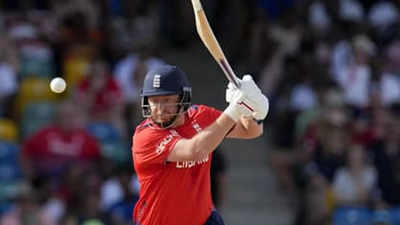NEW DELHI: TheUEFA Champions League, also considered the pinnacle of European clubfootball, has introduced a significant format overhaul for the current season, marking the most substantial changes since 2003.This transformation aims to cater to the desires of Europe's elite clubs for more games, increased competition, and, consequently, a substantial rise in prize money.The revised structure now features a 36-team league phase, replacing the traditional group stage, and introduces a minimum of eight matches for each team, up from six, with the competition extending into January for the first time.Financially, the stakes have never been higher, with a prize money pool that has surged by at least 25% to a minimum of 2.5 billion euros.This increase not only reflects the expanded format but also the growing commercial appeal of the competition.The new league phase alone will host 144 total games, a significant jump from the 96 in the previous group stage format, promising more high-stakes football for fans around the globe.The reimagined format eliminates the previous group-stage setup of 32 teams divided into eight groups of four.Instead, it introduces a single-standings league where each of the 36 teams plays eight games against different opponents. This structure ensures a broader range of matchups and aims to enhance competitive balance and sporting interest by increasing the number of meaningful matches.The top eight teams in the standings will advance directly to the pre-quarterfinals, while those ranked ninth to 24th will enter a new knockout playoff round, leaving the bottom 12 teams eliminated.The allocation of the four additional spots in the competition has been strategically designed to reward performance and promote inclusivity.Two places have been awarded to the national leagues of Italy and Germany, reflecting their clubs' strong performances inUEFAcompetitions in the previous season.Meanwhile, France'sLigue 1, being the fifth-ranked national league, secures a third direct entry, and an additional place has been allocated to the champions' path for national champions from lower-ranked countries, enhancing their representation in the tournament.The draw for the competition is conducted using a seeding system based on the UEFA club coefficient, ensuring a mix of teams from different leagues and performance levels.This system, coupled with a sophisticated software program, determines the match schedule, aiming to avoid city clashes and ensuring a diverse and engaging lineup of fixtures.The revamped Champions League format represents a bold step by UEFA to invigorate the competition, offering more games, increased financial rewards, and a more inclusive structure.While it addresses the desires of Europe's footballing elite for enhanced competition and commercial benefits, it also raises concerns about player welfare and the sustainability of an ever-expanding football calendar.
Tags:
sports
Subscribe for our daily news



